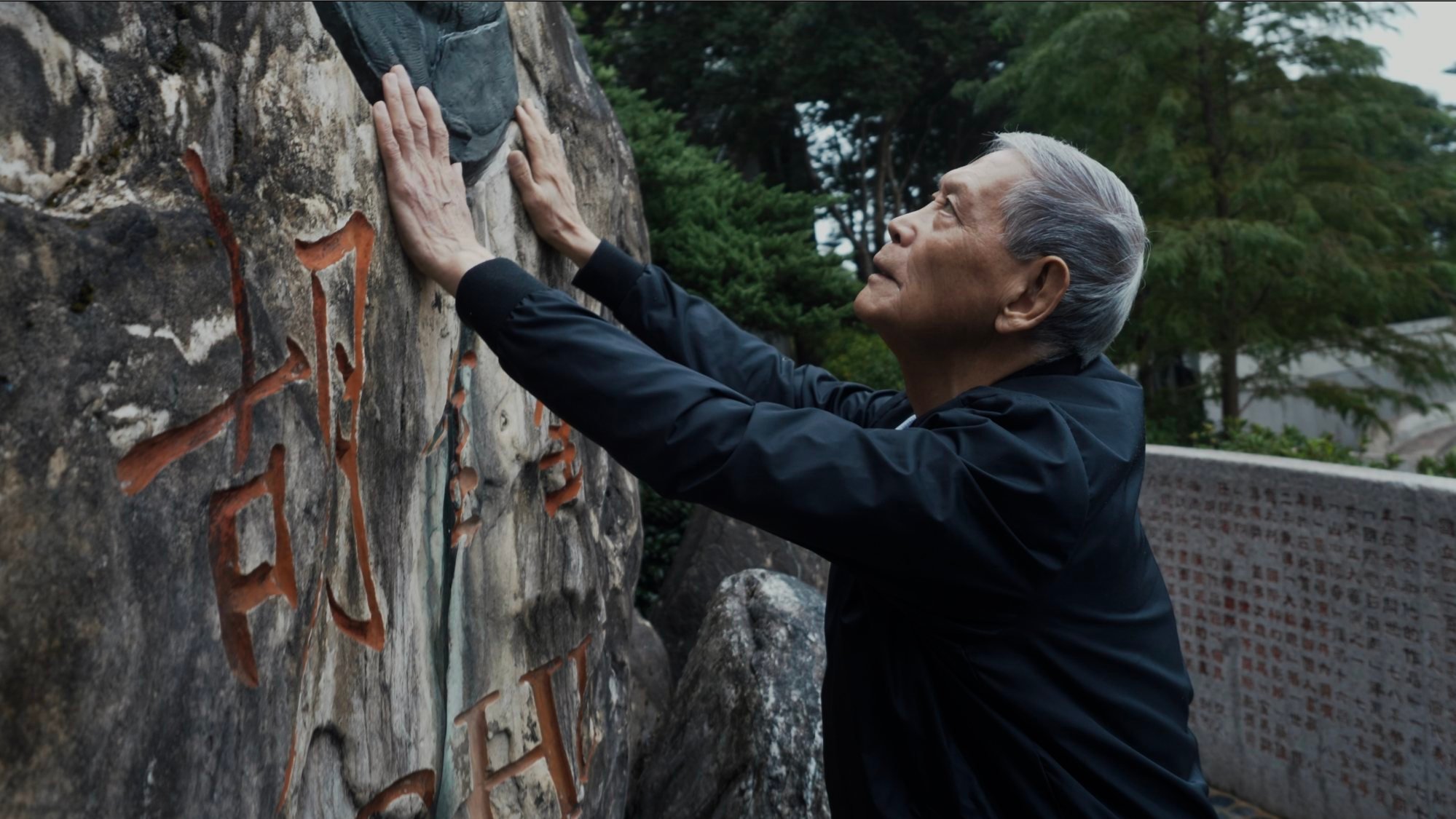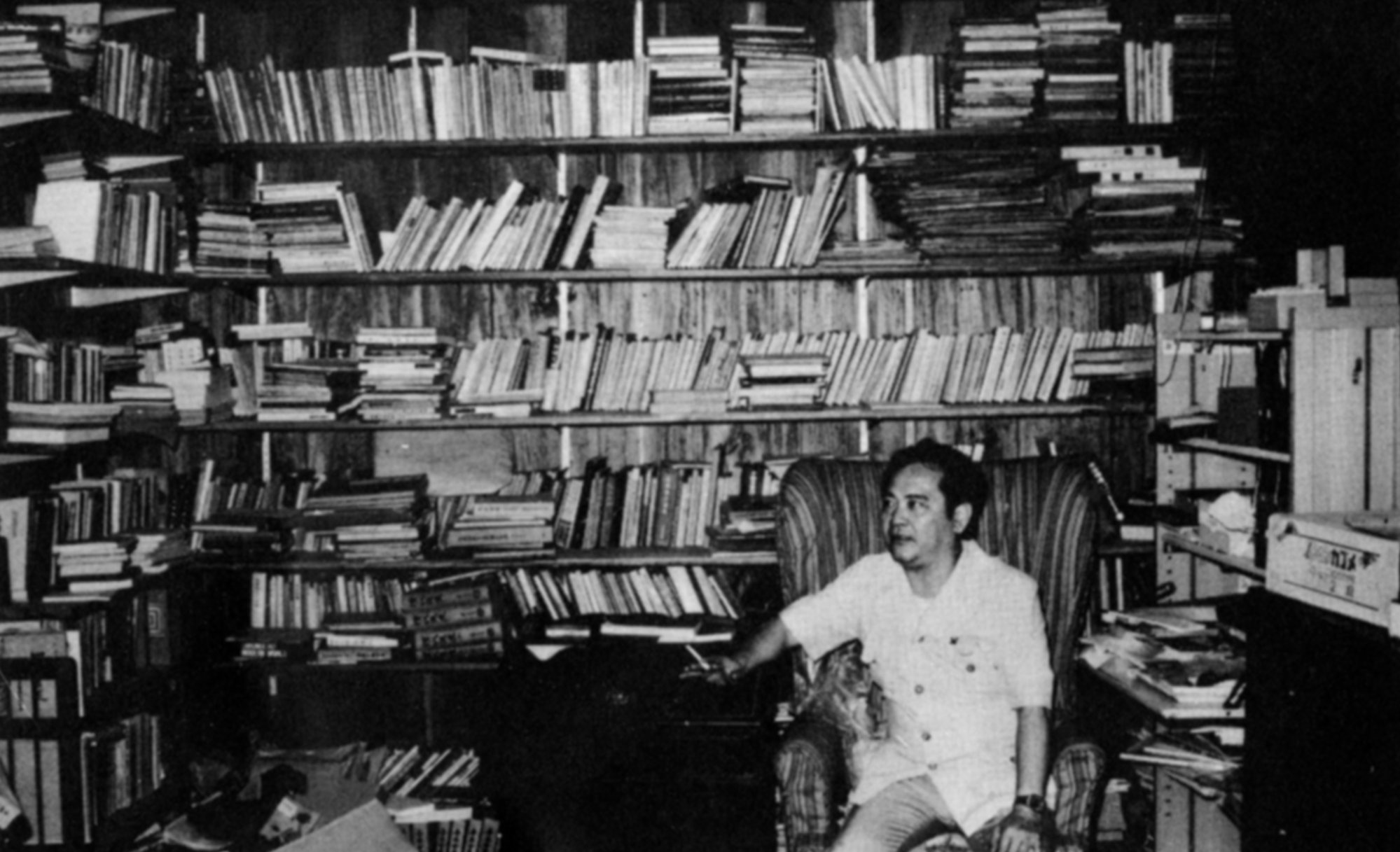
Review | The King of Wuxia Part 2: The Heartbroken Man on the Horizon movie review – King Hu’s life story told in poignant documentary
- Part 2 of Lin Jing-jie’s documentary on King Hu’s life focuses on the man himself rather than his cinematic achievement, through interviews and archival footage
- His start in Hong Kong’s film industry, his allusions to political upheaval in films like A Touch of Zen, and his desertion by investors are all touched upon
4/5 stars
The second half of Lin Jing-jie’s epic documentary The King of Wuxia, about the life and work of revered action-film director King Hu, is a far more emotional affair than the first.
Steering away from his accomplishments as a cinematic pioneer, it focuses instead on the man himself, as recalled through interviews with numerous colleagues, devotees, friends and family members.
As such, audiences can only garner a full appreciation for Hu, and all that he achieved, by watching both parts of Lin’s mammoth undertaking. While the combined running time of 216 minutes might make this a daunting prospect, those willing to go the distance will be rewarded for their efforts.
Subtitled The Heartbroken Man on the Horizon, this latter half retraces Hu’s early years growing up in a wealthy Beijing family before being sent on his own to Hong Kong in 1949.
Archival footage shows Hu himself recounting the desperate days when he was willing to take any job going, including proofreading the phone book, before he finally entered the film industry, not as a director but as a set designer.
Hu found a modicum of success as an actor, displaying an eye-catching versatility in comedy and drama in a number of supporting roles during the ’50s and ’60s.
Many of his contemporaries acknowledge that his aptitude for filmmaking was in part shaped by this first-hand knowledge of different aspects of the process.

However, Hu is not painted as an overtly political filmmaker, but rather as a passionate artist with an unquenchable thirst for knowledge and inspiration. This proves all the more tragic when his later, more indulgent features were less successful, and his investors got cold feet.
The frustration of being unable to realise his visions, most notably his long-gestating epic The Battle of Ono, about Chinese labourers working on the American railways, caused a profound change in Hu’s typically gregarious character.

That he died just as financing for his pet project was finally coming together proves too much for many interviewees – and may prove true for some viewers as well – with few able to hold back their tears as their recollections build to the same tragic conclusion.

